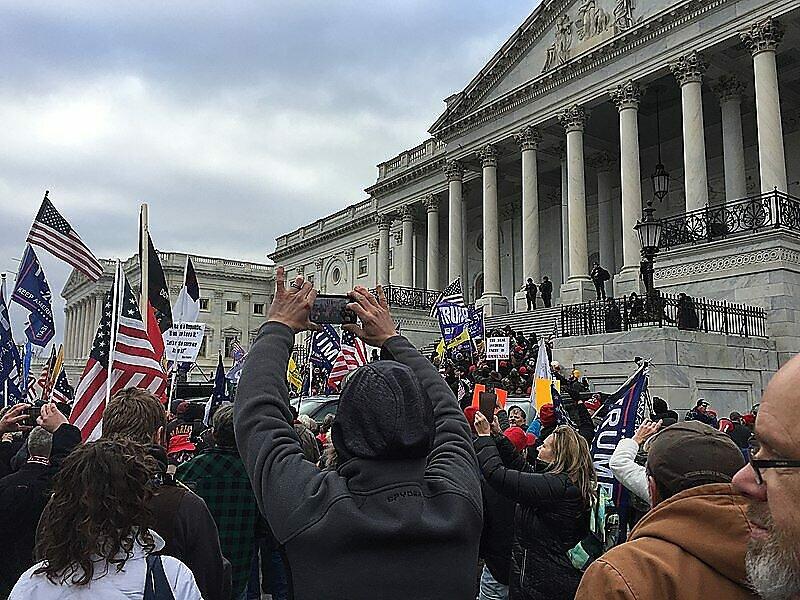The upcoming Supreme Court hearing of Fischer v. United States has drawn significant attention due to its potential ramifications for both the prosecution of Jan. 6 defendants and the ongoing legal challenges involving former President Donald Trump. At the heart of the case lies the interpretation of an obstruction statute, Section 1512(c)(2), which carries penalties of up to 20 years in prison for those found guilty of corruptly obstructing official proceedings.
Joseph Fischer, a defendant in the Jan. 6 Capitol breach, argues that his prosecution under this statute represents an unprecedented expansion of its scope. Fischer’s legal team contends that Section 1512(c)(2) was originally intended to target evidence tampering in corporate fraud cases, rather than obstruction of Congress’ certification of electoral results.
Fischer’s case underscores broader concerns about the application of the statute to Jan. 6 defendants, many of whom face felony charges under its provisions. Should the Supreme Court rule in Fischer’s favor, it could potentially affect the outcomes of numerous cases and even prompt early releases for some defendants.
The government, however, maintains that the statute’s language encompasses all forms of corrupt obstruction of official proceedings, without limitation to evidence tampering. This interpretation was upheld by the D.C. Circuit Court of Appeals in a 2-1 decision, which deemed the meaning of the statute unambiguous.
Nevertheless, dissenting voices, including Judge Gregory Katsas, have criticized the government’s interpretation as overly broad and potentially unconstitutional. They argue that such a reading could criminalize constitutionally protected activities such as advocacy and protest.
The Fischer case also intersects with the legal challenges facing former President Trump. Two of the charges in Trump’s election interference case hinge on the same obstruction statute under review. Critics contend that a correct interpretation of the statute could undermine a key aspect of the indictment against Trump.
However, Special Counsel Jack Smith has defended the charges, asserting that they would remain valid irrespective of the Supreme Court’s decision on Section 1512(c)(2). Smith argues that the use of falsehoods or creation of false documents constitutes evidence impairment, thus satisfying the statute’s requirements.
As the Supreme Court prepares to hear oral arguments in April, the outcome of Fischer v. United States holds significant implications for the legal landscape surrounding Jan. 6 prosecutions
https://twitter.com/julie_kelly2/status/1777671611518231002?ref_src=twsrc%5Etfw
via joemiller

